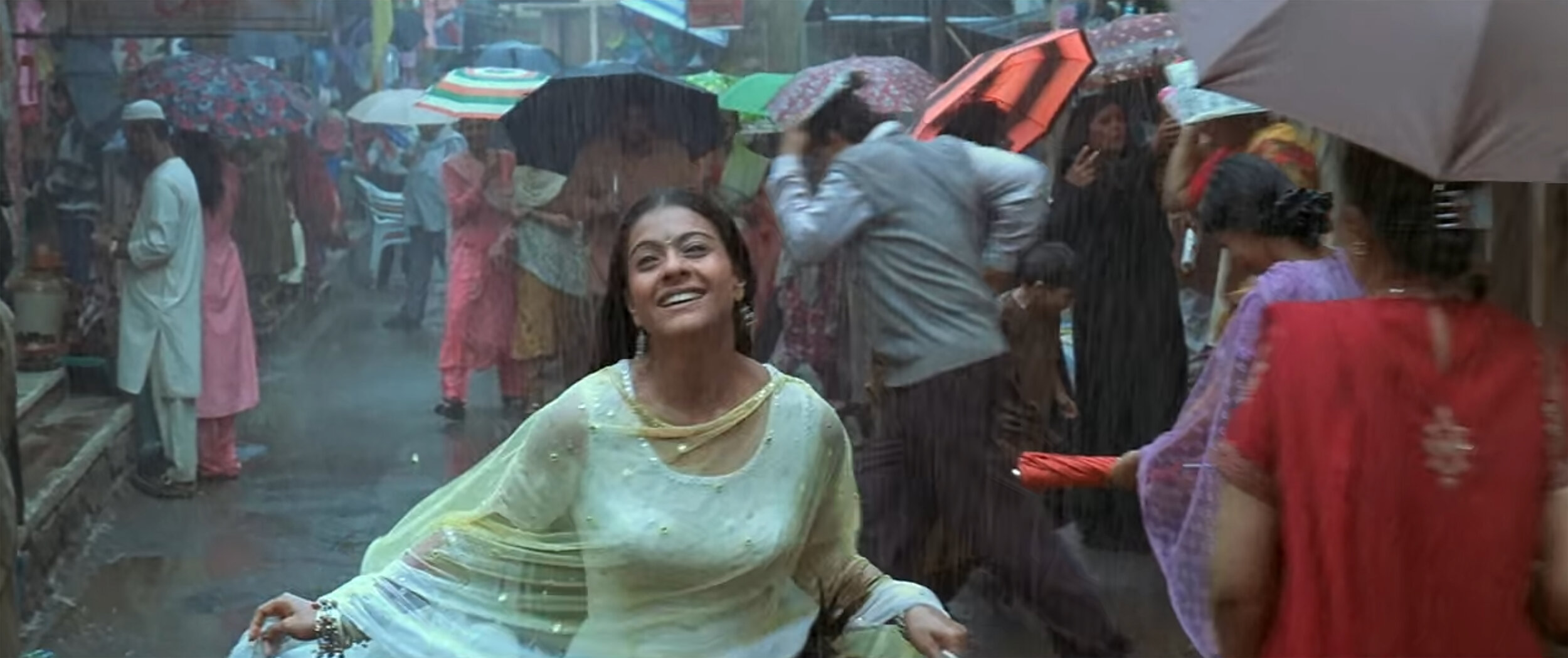Ulka Anjaria is a literary critic, author and teacher. She is Professor of English and Barbara Mandel Professor of Humanities at Brandeis University and Director of the Mandel Center for the Humanities, with interests in Indian literature and film, the global novel, and rethinking graduate education in the humanities.
The Queerness of Fandom in Bollywood
In the 1971 Bollywood film Guddi, Kusum declines Navin’s marriage proposal, saying her heart is already pledged to superstar actor Dharmendra. Citing Mirabai’s love for Krishna, which allowed Mirabai to eschew a domestic existence and channel her desire toward a super-human figure, Kusum insists that she too can remain betrothed to an ideal and thus renounce the worldly claims of a real-life marriage. Marriage would distract her from her commitment, in spirit if not in body, to her true love, Dharmendra.

A Register of Feeling
Why Bollywood films matter.
by Ulka Anjaria
Blog Post
Will a Bollywood film ever win an Oscar?
by Ulka Anjaria
Is Indian literature in English necessarily elitist? Ulka Anjaria discusses with The Swaddle
Understanding Bollywood: The Grammar of Hindi Cinema
Understanding Bollywood is an introduction to popular Hindi cinema, a genre that has a massive fan base but it often misunderstood by critics. The book provides a careful account of Bollywood’s constitutive components: its moral structure, its different forms of love, its use of song and dance, its visual style, and its embrace of cinephilia. Arguing that these five elements form the core of Bollywood cinema, the book investigates a range of films from 1947 to the present in order to show how films use and innovate on formulaic structures to tell a wide range of stories that reflect changing times.
In an age of social media and reality television, reading and consumption habits in India now demand homegrown pulp fictions. Ulka Anjaria categorizes post-2000 Indian literature and popular culture as constituting “the contemporary,” a movement defined by new and experimental forms—where high- and low-brow meet, and genres break down.
Reading India Now studies the implications of this developing trend as both the right-wing resurges and marginalized voices find expression. Anjaria explores the fiction of Chetan Bhagat and Anuja Chauhan as well as Aamir Khan’s television talk show, Satyamev Jayate, plus the work of documentarian Paromita Vohra, to argue how different kinds of texts are involved in imagining new political futures for an India in transition. Contemporary literature and popular culture in India might seem artless and capitalistic, but it is precisely its openness to the world outside that allows these new works to offer significant insight into the experiences and sensibilities of contemporary India.




